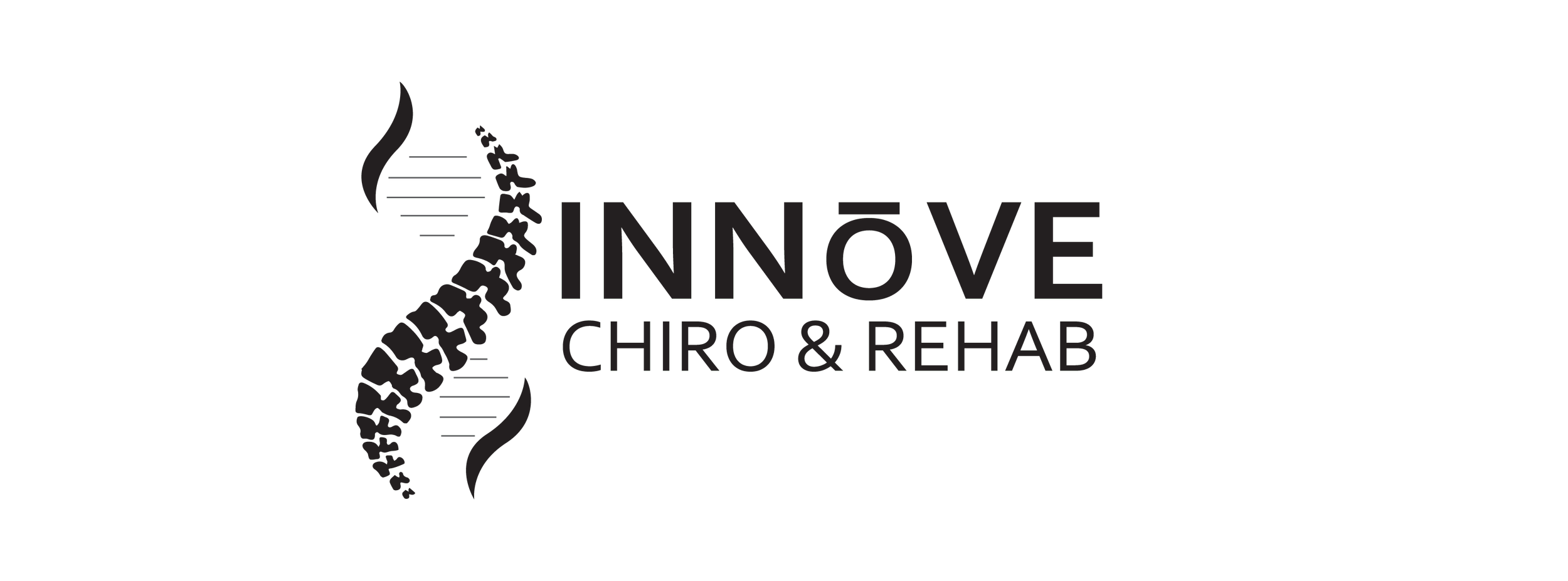How Corruption of the Sugar Industry Changed Our Diet
Many people who have been following along with health news for the past couple of years are aware of the documents showing the corrupt manipulation of scientific data by the sugar industry. These documents surfaced through a 2016 scientific analysis in the Journal of the American Medical Association (JAMA) and the study was picked up by many major news outlets including a large story in the New York Times.
Although these articles had a very wide reach, many people are still not aware of the sugar industry's false influence on American's fear of dietary fat and the current dietary guidelines
WHAT DID THE SUGAR INDUSTRY DO?
In the 1960's and 1970's the sugar industry (under the name of the "Sugar Research Foundation") funded and sponsored research projects to falsely manipulate scientific data. Many of the study results that clearly showed sugar intake to increase the risk of developing disease were countered or wiped away when researchers were payed off by the sugar industry. Prior to this manipulation of data, many studies were beginning to come out linking sugar with an increased disease risk; so the sugar industry decided to make a business move. The Sugar Research Foundation paid researchers an equivalent of $50,000 to create a study showing sugar to be harmless and making saturated fat look like the enemy (1).
In addition to this study, the sugar industry has also funded animal studies in which the results did not favor sugar consumption. Many of these studies were essentially thrown out when the sugar industry failed to disclose the results which showed that sugar intake increases the risk for heart disease, cancer, and dental disease (2, 3).
This was done as a business strategy to increase the sugar industry's market share by making sugar look harmless while making dietary fat look like the culprit. The goal was to get American's to eat a lower-fat diet which in turn would increase the percentage of carbohydrates (and sugar) consumed leading to increased profits for the sugar industry.
In addition to manipulation of research, the sugar industry also spent 600,000 (equivalent to millions today) to fund a program that "taught" people how sugar keeps humans alive and gives them energy (1). To those that understand human physiology and biochemistry, this is an obvious marketing ploy. In short, the body has the ability to make energy from all sources (protein, carbohydrate, fat) and does not need dietary sugar to do so. Not only is the information presented in this program untrue, it also may be harmful by leading to overconsumption of sugar and increasing the risk for many diseases.
WHAT EFFECT DID THIS HAVE?
Many of today's dietary guidelines have been shaped to reflect the previous studies on sugar, fat, and carbohydrate intake. Many argue that the manipulation of scientific data by the sugar industry has led to dietary recommendations that have been detrimental to the health of Americans. By scaring Americans away from fat, this has led to a massive increase in the consumption of "low-fat" products that come with a ton of hidden sugar. This is a problem because recent research shows that a high intake of added sugars is MUCH more detrimental to our health than saturated fat (4). The sugar industry's influence on research has also made it's way into our dietary guidelines which place a greater emphasis on limiting fat intake than decreasing sugar.
There is no doubt that dietary guidelines in America need a massive renovation. Many people who believe that they are eating a healthy diet by following the instructions of the food pyramid and common traditional guidelines are likely mistaken and this may be doing more harm than good. Hopefully we are very close to seeing improved dietary guidelines that advise minimal sugar consumption without vilifying fat, but until then it is important to do your own research.
